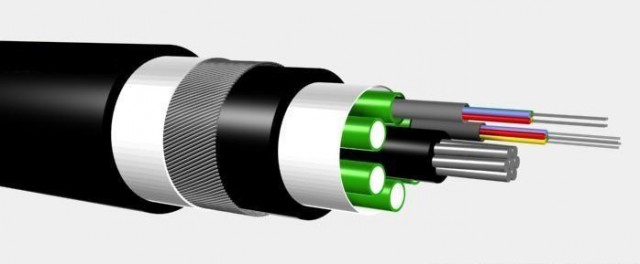
Canada's large incumbent Internet service providers must now make their fiber networks available to competitors under a new requirement designed to boost broadband competition.
"Following an extensive review, the CRTC [Canadian Radio-television and Telecommunications Commission] found that the large incumbent companies continue to possess market power in the provision of wholesale high-speed access services and is requiring that they make these services available to competitors," the CRTC said in an announcement yesterday. "In addition, the demand by Canadians for higher speed services will only increase in the coming years to support their growing Internet needs and usage. Large incumbent companies will now have to make their fibre facilities available to their competitors. This measure will ensure that Canadians have more choice for high-speed Internet services and are able to fully leverage the benefits of the broadband home or business."
The CRTC has a framework setting out the rates, terms, and conditions under which the providers must offer wholesale access.
Under the same ruling (available here), the requirement to share copper facilities for local phone service and lower-speed Internet access will be phased out. CRTC referred to this as a "legacy service."
In the US, the Federal Communications Commission eliminated line-sharing requirements in 2005. Although current FCC Chairman Tom Wheeler has made numerous decisions opposed by large Internet providers, including classifying broadband as a common carrier service, he has not proposed bringing back line-sharing requirements.
Large ISPs aren't happy about Canada's ruling. The CBC reported:
Bell, Bell Aliant, MTS, SaskTel and Telus, which today are the main installers of fibre optic cable in Canada, have argued that being forced to share the cables will eliminate their incentive for building them.
But the CRTC said big telephone companies in practice have no choice but to continue installing fibre optic infrastructure, or risk losing market share to big cable companies like Rogers and Shaw. That's because without fibre optics, the telephone companies are stuck using copper cables that can only offer a maximum of about 50 mbps. The coaxial cable used by Rogers and Shaw is already capable of carrying 100 mbps.
Big providers were already required to share coaxial cables with smaller competitors, the CBC noted.
There was just one dissenting opinion from the nine-member commission, by Commissioner Raj Shoan, but Shoan's dissent was narrow and did not object to the fiber-sharing requirement.
reader comments
88